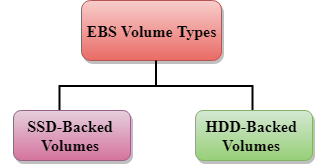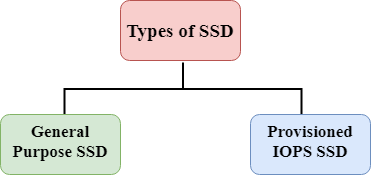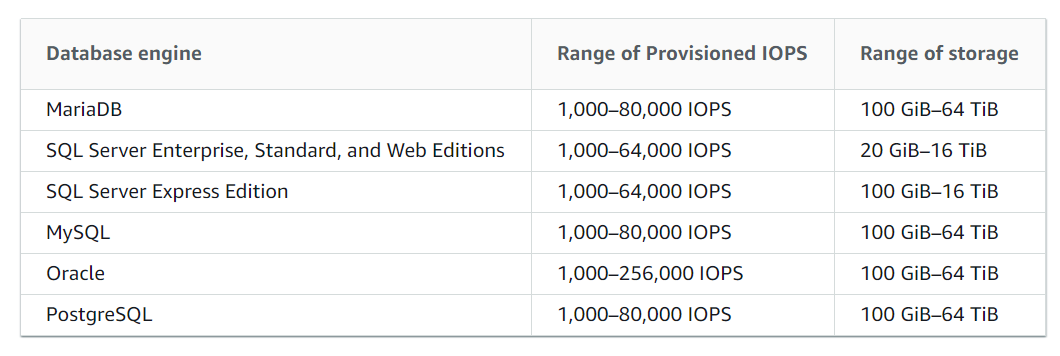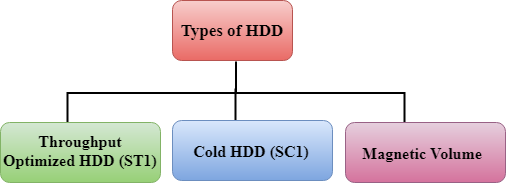Amazon RDS – Storage for Amazon RDS DB Instances
Last Updated :
27 Mar, 2023
This article aims to provide you all the information regarding “Storage for Amazon RDS DB Instances”. As we all know RDS is the most preferred database management system as it includes all the services together in a single place, right from servers to queries. All the database engines are available in AWS work on Amazon Elastic Block Store (EBS) volumes. EBS volume is a highly durable block storage tool that is automatically attached with DB instance depending upon the amount of storage demanded by the user. Even in real-time, during any dynamic requirements, multiple EBS volumes can be attached with a single DB instance. On a broad scale, we can classify Amazon storage volumes into two different categories.

Further, SSDs are classified into two other categories which are discussed ahead in detail.

General Purpose SSD (Solid State Device)
General-purpose SSD or gp2 provides handy and less expensive storage which is capable of handling most of the database workloads. The storage size range of gp2 is given below with respect to the database engines.
- MariaDB, MySQL, Oracle, and PostgreSQL database instances range between 20 GiB–64 TiB
- SQL Server for Enterprise, Standard, Web, and Express editions ranges between 20 GiB–16 TiB
All the parameters are correlated with each other, i.e. performance is directly proportional to storage, higher the storage better the performance. And ultimately higher the monthly bill amount.
Provisioned IOPS SSD (input/output operations per second)
Provisioned IPOS are curated for more complex applications where the production is much faster and continuous, i.e. multiple transactions are going on simultaneously along with low latency. Here is an image attached to brief about storage size ranges with respect to each database engine.

As we can compute by referring to the image that more the storage, more the IPOS. This is the basic reason why provisioned IPOS are used by much bigger organizations where the no of transactions in per unit time are more in number than in the case of general-purpose.

HDDs (Hard Disc Drive)
RDS also provides a magnetic storage facility for its users but this a very traditional storage type that has multiple drawbacks. Thus, AWS never recommends magnetic storage to the users as it has several limitations like no autoscaling possible, elastic volumes not available, and many more other limitations too. In a nutshell, keeping current technology in mind using this magnetic storage is not useful for the user.
Like Article
Suggest improvement
Share your thoughts in the comments
Please Login to comment...